Distinguished Fellow
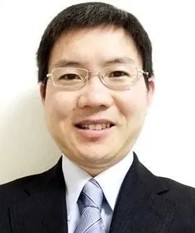

Prof. Colin Snape (FRSE) has been involved in fuel science and related disciplines for over 30 years having started working at the Coal Research Establishment (CRE) of British Coal (formally the National Coal Board) in 1974 and, as part of the liquefaction programme. In the early 1980s, my interests expanded to include the investigation of hydropyrolysis (hypy) as a route for direct coal liquefaction. After moving to the University of Strathclyde in 1987, an extensive research programme in fuel science encompassing my long-standing interests in coal characterisation, organic geochemistry and conversion, together with newer interests in cracking and hydroprocessing catalysis, petroleum residues, oil shale and biomass pyrolysis, sulfur speciation and polymer degradation was established. On moving in 2000, I was instrumental in establishing Nottingham as an internationally recognized centre for fossil energy, the multi-disciplinary research portfolio encompasses carbon technology, applied geochemistry and pollutant source apportionment as major themes. My current research programme encompasses novel adsorbents for CO2 capture both in combustion and gasification and developing high capacity Hg adsorbents while continuing the research on hypy linked to compound specific stable isotope measurements and source apportionment relevant to this proposal, together with investigating high pressure retardation effects on oil and gas generation. Patents have been filed on both Hg and CO2 adsorbents.
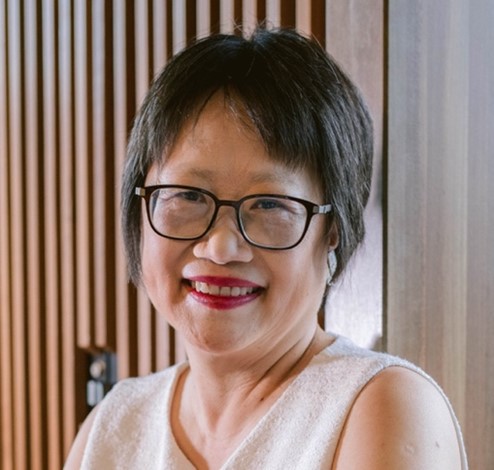
Professor Vicki Chen is currently a Honorary Professor at School of Chemical Engineering at the University of Queensland. She was the Provost and Senior Vice-President of the University of Technology Sydney (UTS). Professor Chen graduated with a Bachelor of Science in Chemical Engineering from the Massachusetts Institute of Technology (MIT) and a Ph.D. in Chemical Engineering from the University of Minnesota. She has over twenty-five years research experience in the areas of membrane separation, gas separation, biocatalytic systems, nanomaterials, and water treatment. In the area of carbon capture, she was involved in membrane projects with the Cooperative Research Centre for Greenhouse Gas Technologies (CO2CRC) and Coal Innovation NSW. Prior to joining UTS in 2022, Professor Chen was the Executive Dean of the Faculty of Engineering, Architecture, and IT at the University of Queensland (UQ). Previously, she was a professor in the School of Chemical Engineering at the UNSW Sydney before taking on the substantive Head of School position (2014 – 2018) and was the Director of the UNESCO Centre for Membrane Science and Technology at UNSW (2006 – 2014). Professor Chen is currently on the editorial board for the Journal of Membrane Science and editorial advisory board of Macromolecules and was formerly on the editorial board for the Desalination Journal. Professor Chen is a Fellow of the Australian Academy of Technology and Engineering (ATSE) and a founding board member of the Membrane Society of Australasia.
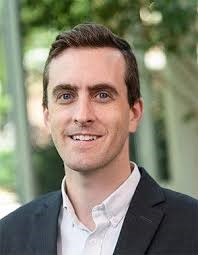
Ryan Lively is the Thomas C. DeLoach Jr. Endowed Professor in the School of Chemical & Biomolecular Engineering at the Georgia Institute of Technology. His current research seeks to revolutionize fluid separation processes critical to the global energy and carbon infrastructure. He has a specific focus on membrane- and adsorbent-based science and technology aimed at addressing some of the world’s most difficult chemical separations. His group’s research activities range from fundamental material science and discovery to translational engineering applications focusing on making and testing separation devices. He has received a variety of awards for his research efforts including the 2020 Allan P. Colburn Award from AIChE, and the 2022 Curtis W. McGraw Award from ASEE. He is currently an Editor for the Journal of Membrane Science, the Secretary of the North American Membrane Society, an ACS Industrial & Engineering Chemistry Division Fellow, and a Fellow of the International Association for Carbon Capture. He is the Director of the Center for Understanding & Controlling Accelerated and Gradual Evolution of Materials for Energy (UNCAGE-ME), an Energy Frontier Research Center of the US Department of Energy. He has over 200 publications in the field of separations including articles in Science, Nature, and other impactful venues.

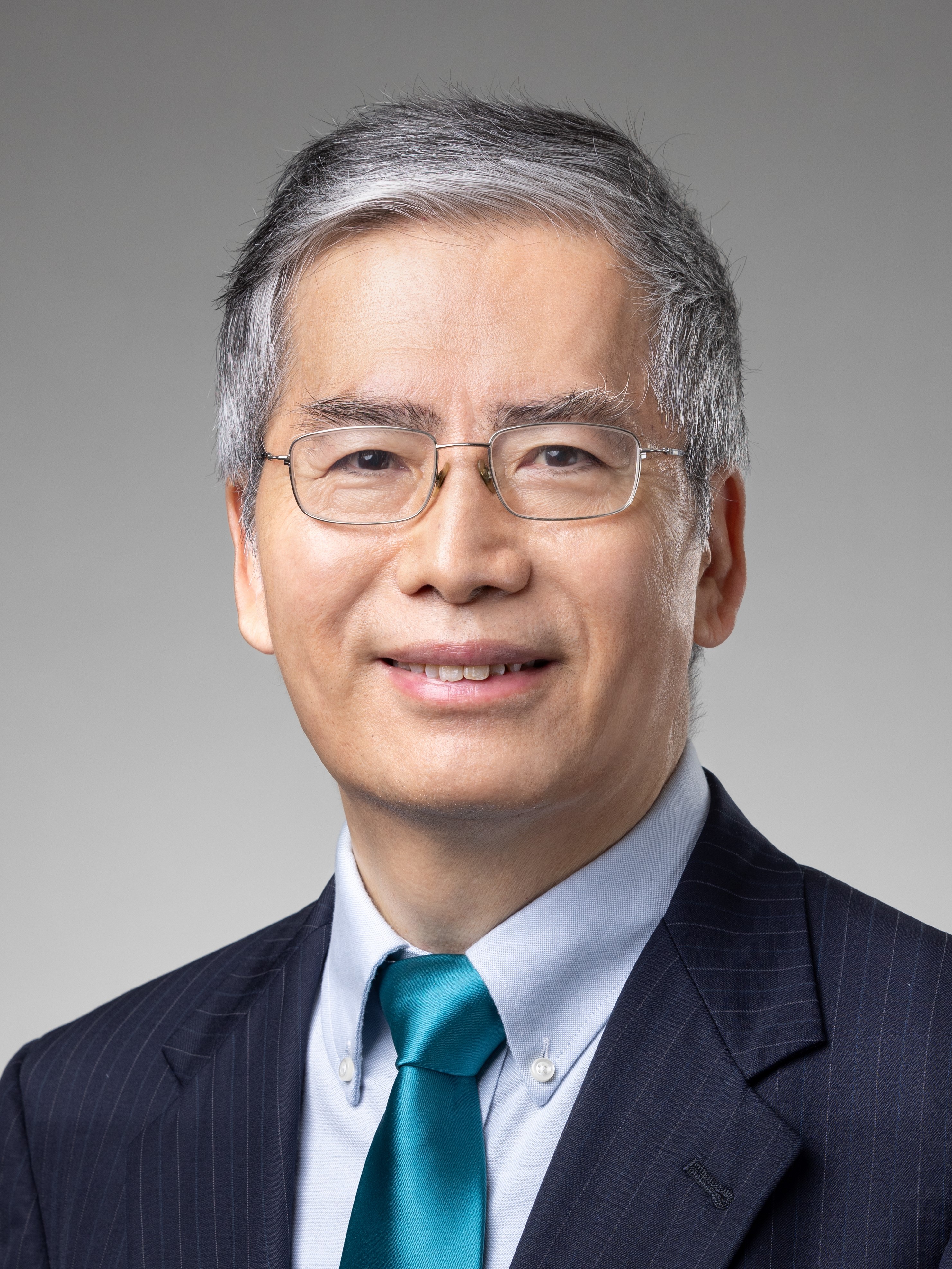
Chunshan Song is Dean of the Faculty of Science and Wei Lun Professor of Chemistry at the Chinese University of Hong Kong since 2020. He was Director of EMS Energy Institute and Distinguished Professor of Fuel Science and Chemical Engineering at the Pennsylvania State University where he was founding Director of the University Coalition for Fossil Energy Research funded by US DOE, and Associate Director for Penn State Institutes of Energy and the Environment until 2020. His research involves chemistry and catalysis for energy and fuels, CO2 capture and utilization, synthesis and application of nano-porous materials. An elected Fellow of the American Chemical Society (ACS), he has ~500 refereed journal articles, 16 edited books and 8 patents. He received George A. Olah Award in Hydrocarbon or Petroleum Chemistry; Henry H. Storch Award in Energy Chemistry; Fulbright Distinguished Scholar; Changjiang Scholar; Outstanding Achievement Award from the Chinese American Chemical Society; ACS Energy & Fuels Distinguished Researcher Award; Herman Pines Award in Catalysis; Catalysis Club of Philadelphia Award; Global Alumni Fellow of Osaka University; Honorary Professor of Tianjin University; Alumni Achievement Award from Dalian University of Technology; and from Penn State, Faculty Scholar Medal, Distinguished Professor, and Wilson Award for Excellence in Research. He served as editor, associate editor or advisory board member for 14 journals. He received PhD (1989) and MS (1986) in Applied Chemistry from Osaka University, Japan, and BS in Chemical Engineering (1982) from Dalian University of Technology, and held visiting professorship at Imperial College London, University of Paris VI, Tsinghua University, and Dalian University of Technology.
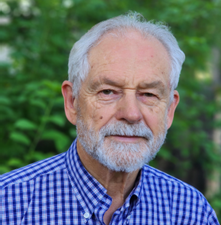
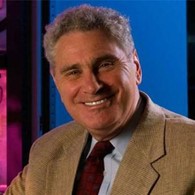
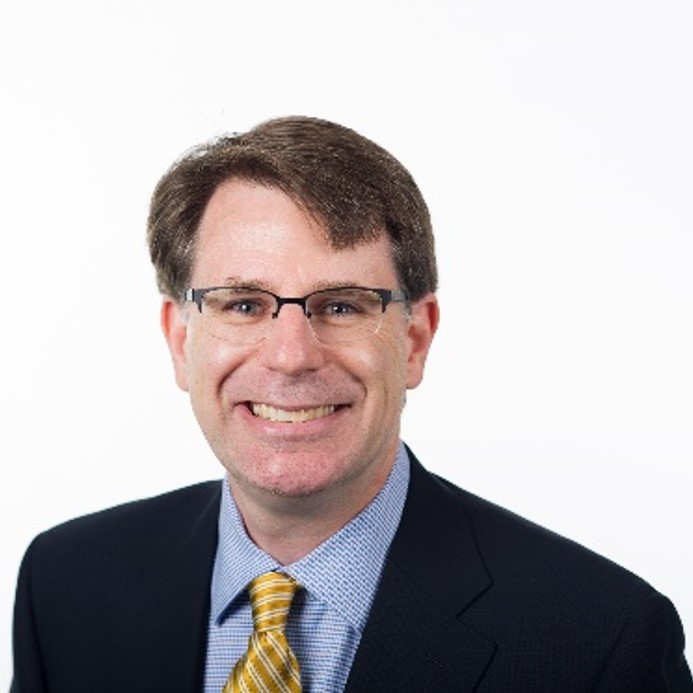
Professor Jones is the John F. Brock III School Chair and Professor of Chemical & Biomolecular Engineering at Georgia Tech. He joined Georgia Tech as an Assistant Professor in 2000 and then rose through the faculty ranks, including serving as Associate Vice President for Research from 2013-2019, with a period as Interim Executive Vice-President for Research in 2018.
Dr. Jones leads a research group that works on materials, catalysis and adsorption. He is known for his extensive and pioneering work on materials that extract CO2 from ultra-dilute mixtures such as ambient air, which are key components of direct air capture (DAC) technologies. He served on the National Academies Consensus Study on Negative Emissions Technologies and Reliable Sequestration in 2017-2018, focusing on DAC.
He also has produced an extensive body of work in catalysis. Dr. Jones was the founding Editor-in-Chief of the journal, ACS Catalysis, and is Vice-President of both the North American Catalysis Society and the International Adsorption Society. He was tapped in 2020 to launch the new open access American Chemical Society journal, JACS Au. (Read as Jacks Gold)
Jones’ work in both catalysis and CO2 separation has been recognized with awards from numerous organizations including the ACS, ASEE, AIChE and the North American Catalysis Society. Georgia Tech has recognized Jones as the Institute’s Outstanding Faculty Research Author (2011), for Research Program Development (2012) and for Research Innovation (2021). In 2022, he was elected to the US National Academy of Engineering.
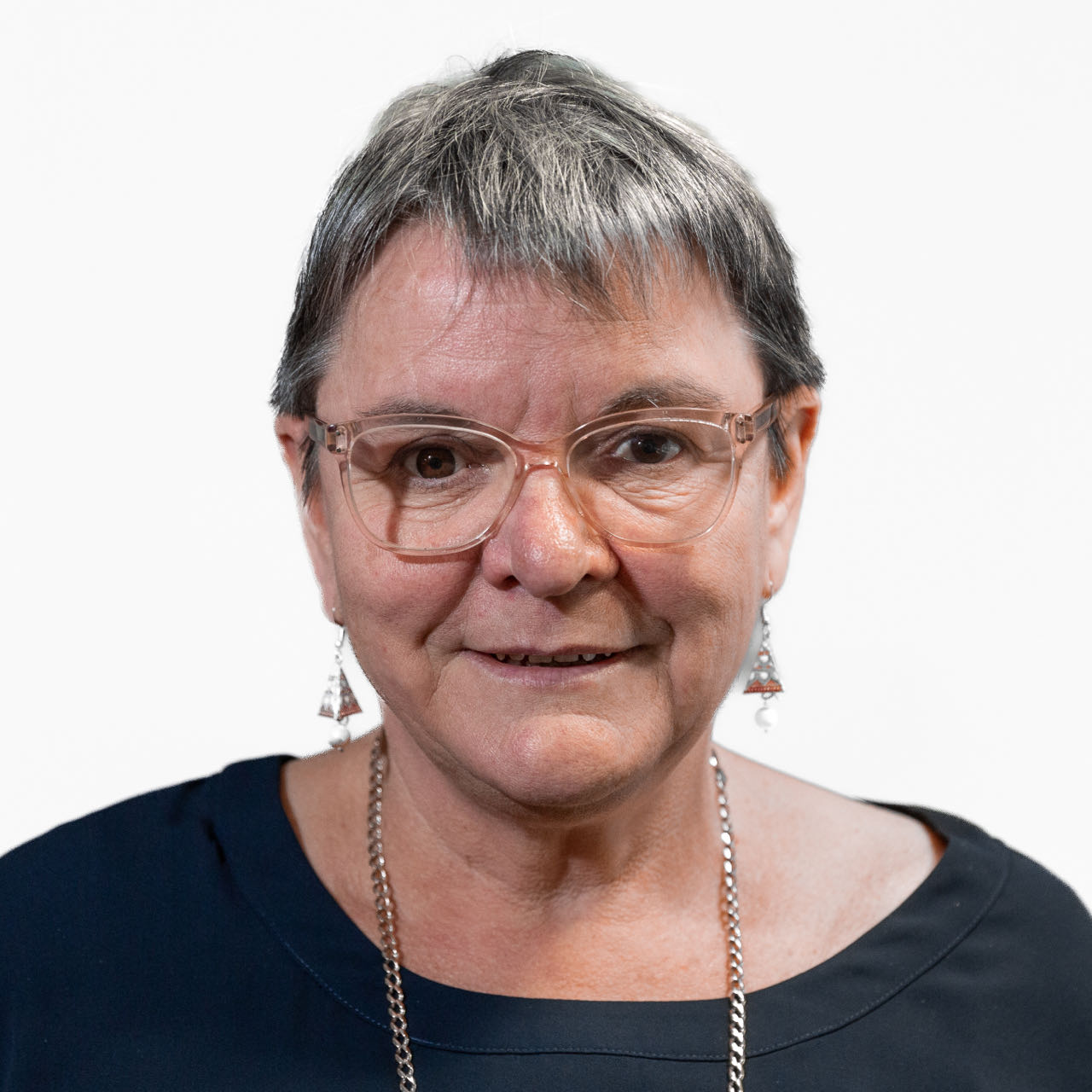
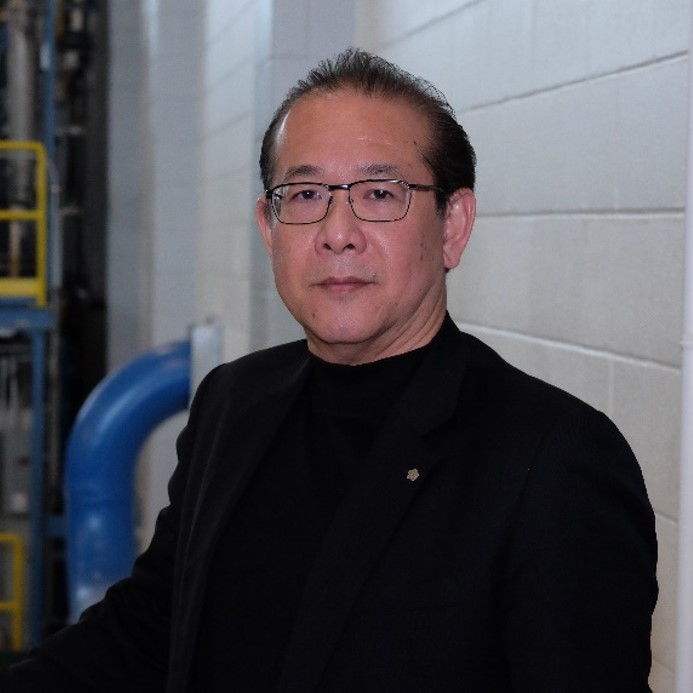
Dr. Paitoon Tontiwachwuthikul (known as P.T.), is currently a full professor and the co-founder of Clean Energy Technology Research Institute (CETRi) at the University of Regina. He is a key international researcher in the area of advanced CO2 capture and separation from industrial gas streams as well as low-carbon energy development. He has provided technical advice to governments and industries nationally and internationally. Dr. PT has played a vital role in the establishment of the Petroleum Technology Research Centre (PTRC), one of the largest petroleum research centers in North America. He has also served as a guest editor of the IEAGHG special issue on “IEA Weyburn-Midale CO2 Monitoring and Storage Project (the world’s largest CO2 for EOR and CCS program)” in the International Journal of Greenhouse Gas Control (IJGGC Elsevier), in 2013. In 2016, Dr. P.T. was inducted as a Fellow in the Canadian Academy of Engineering (CAE).
Dr. P.T. is currently a member of the Editorial Board of IJGGC (Elsevier) and Clean Energy Journal (Oxford Press). In addition, he is serving as the Honorary Editor-in-Chief of PETROLEUM Journal (Elsevier). Dr. P.T. has published extensively in AIChE Journal, Applied Energy, Fuels, Chemical Engineering Science, International Journal of Greenhouse Gas Control, Membrane Science, Petroleum, Chemical Engineering Journal, Carbon Management, Separation & Purification Technology, Petroleum, Engineering Applications of Artificial Intelligence and Industrial & Engineering Chemistry Research.
His publication records can be tracked at http://scholar.google.ca/citations?user=7sB0sckAAAAJ&hl=en and https://www.linkedin.com/in/paitoon-tontiwachwuthikul-aa3610108/
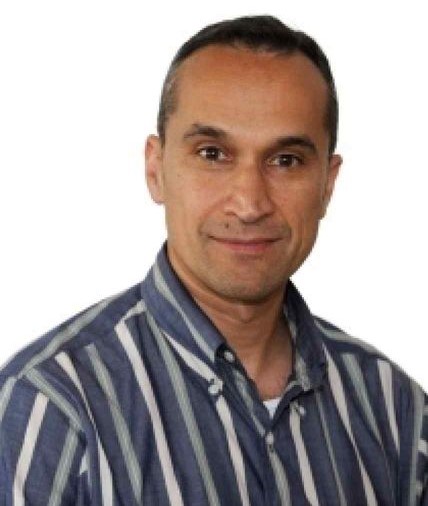
Professor Nilay Shah is Professor and former Head of the Department of Chemical Engineering at Imperial College London. Professor Shah was awarded OBE (Officer of the Order of the British Empire) in 2020 for his contribution to the decarbonisation of the UK economy. He is a Fellow of the Royal Academy of Engineering. He has 30+ years’ experience in academia and has graduated 40+ PhD students who have all gone on to successful careers in industry, academia, consultancy, and the civil service. His research interests include the application of multiscale process modelling and mathematical/systems engineering techniques to analyse and optimise complex, spatially-and temporally explicit low-carbon industrial and energy systems, including chemical process systems, urban energy systems, carbon capture and storage, hydrogen infrastructures, and bioenergy systems. He has 300+ papers (~30k citations; h-index~90). He has experience in leading many energy and process systems related projects, including EPSRC, H2020 and industrially funded projects. He won the prestigious 2007 MacRobert award (RAEng) and was awarded the IChemE Junior Moulton Medal (1996), ICI/RAEngFellowship (1997-2002), RSC Beilby Medal (2005), IChemE Hutchison (2012) and Sargent (2019) Medals.
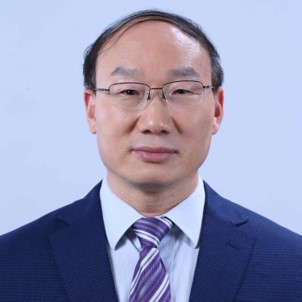
Suojiang Zhang is Professor and Director General of Institute of Process Engineering (IPE), Chinese Academy of Sciences (CAS), Member of CAS, Director of Beijing Key Laboratory of Ionic Liquids Clean Process, and Director of the Professional Committee of Chinese Chemical Society Ionic Liquids and Green Engineering, Dean of College of Chemical Engineering, University of CAS, and Fellow of the Royal Society of Chemistry.
He has been committed to research on ionic liquids (ILs) and green processes, closely integrating basic research of ILs with industrial applications, and has been striving to build a transformative technological system for green chemical processes. In 2010, he was awarded the second prize of the National Natural Science Award of China. He was subsequently elected as the Member of CAS in 2015 and won the CAS S&T for Development Award in 2017. In 2020, he was awarded the Ho Leung Ho Lee Science and Technology Progress Award. He also won the CCS-BASF Youth Knowledge Innovation Award, the Beijing Technology Invention Award, and the Hou Debang Chemical Technology Achievement Award. He has been named in the WoS Highly Cited Researchers Report and has published more than 600 articles with over 34,000 citations and an H-index of 92. He has invented more than 10 green technologies and owns 200 patents. In addition, he founded two international academic journals, Green Energy & Environment (GEE, IF=8.207, JCR Q1) in 2016 and Green Chemical Engineering (GreenChE) in 2020, and served as the founding editor-in-chief. He initiated the Asia-Pacific Conference on Ionic Liquids and Green Process (APCIL) and the National Conference on Ionic Liquids (ILC), which have become a series of reputational academic events in the field of ILs in China and worldwide.
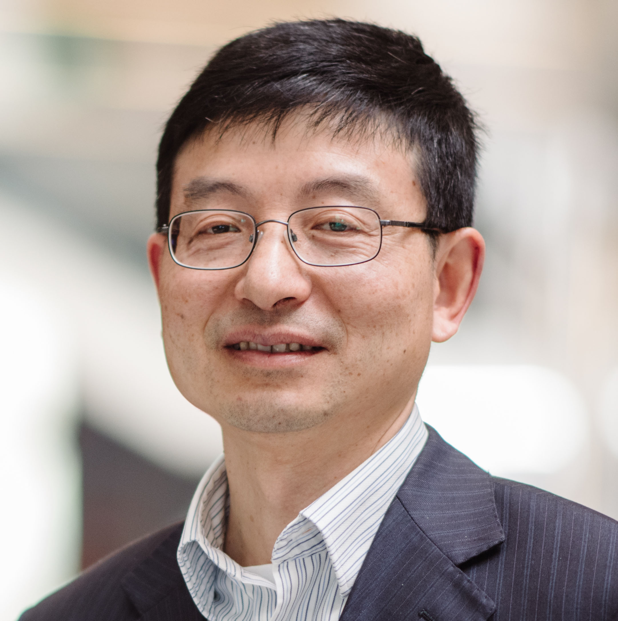
Dr. Huanting Wang is a Professor and ARC Australian Laureate Fellow in the Department of Chemical and Biological Engineering and Director of the ARC Research Hub for Energy-efficient Separation. His research focuses on the synthesis and design of composite membranes and nanomaterials for gas separation, water desalination and purification, chiral separation, ion transport and separation, and electrochemical energy applications. He is a Fellow of The Royal Society of Chemistry, The American Institute of Chemical Engineers and Australian Academy of Technology and Engineering. Prof. Wang has received many awards including IChemE Underwood Medal (2021), MSA Tony Fane Award (2020) and RACI R.K. Murphy Medal (2019). He has co-authored over 400 papers (highly cited researcher) and had 11 patents licensed to six companies for commercialization including three Australian startup companies. Prof. Wang is an Associate Editor of Industrial & Engineering Chemistry Research, Executive Editor-in-chief of Advanced Membranes and a Guest Editor of Separation and Purification Technology.
